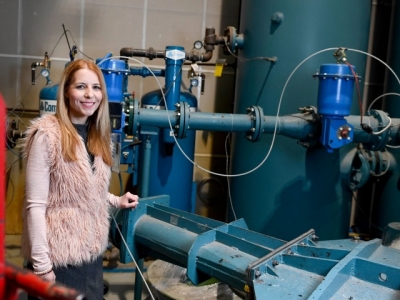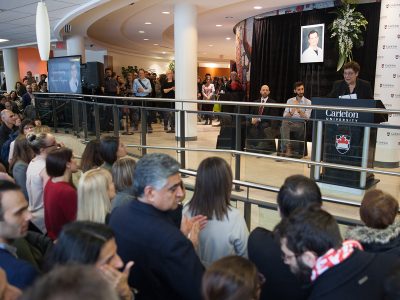By Elizabeth Kane
On Nov. 4, 2023, at the Carleton University Fieldhouse, the community will come together to celebrate fall convocation. The one-day ceremony will honour more than 1,200 students as they receive their well-earned degrees.
In celebration, Carleton is highlighting four accomplished graduates whose commitment to excellence and dedication to education have made a lasting impact in their communities.
Aisling Arts, Bachelor of Social Work
Aisling (Ash) Arts always wanted to make a positive change in her community. As such, after completing a college program in administration, she launched her career at a nonprofit community mental health organization where she has worked for more than five years.
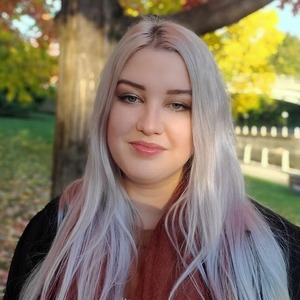
Aisling (Ash) Arts
Working alongside her client-focused colleagues, Arts’ role was to support the operation of the organization’s executive team.
“I was really fortunate to get that experience,” she says. “I was proud of the work they were doing every single day and also hyper-aware of the waitlists that exist across all the non-profits for mental health support and housing.”
Inspired by seeing the impact of the organization’s work with clients and the community, Arts decided to enroll in Carleton’s Bachelor of Social Work program while she maintained her full-time job. As part of her honours thesis, Arts studied supervision and burnout in the social work field.
“I was interested in looking at this topic because I saw, especially with the COVID-19 pandemic, how challenging things got and how much funding gets stretched,” says Arts, who worked with Prof. Karen Sewell to review the existing research literature. “It all comes back to advocating for more funding for client care and doing our best to support nonprofits.”
With her bachelor degree successfully completed, Arts is now working towards her master’s degree in social work at Carleton. She has also moved into a new direct-practice role where she looks forward to continuing to work with people in need.
“I would love to continue applying the skills that I learned in undergrad and that I am learning in my masters by doing direct counselling,” she says, noting she will always have a piece of her heart for advocacy. “My dream would be to do that direct practice in addition to community organizing and research.”
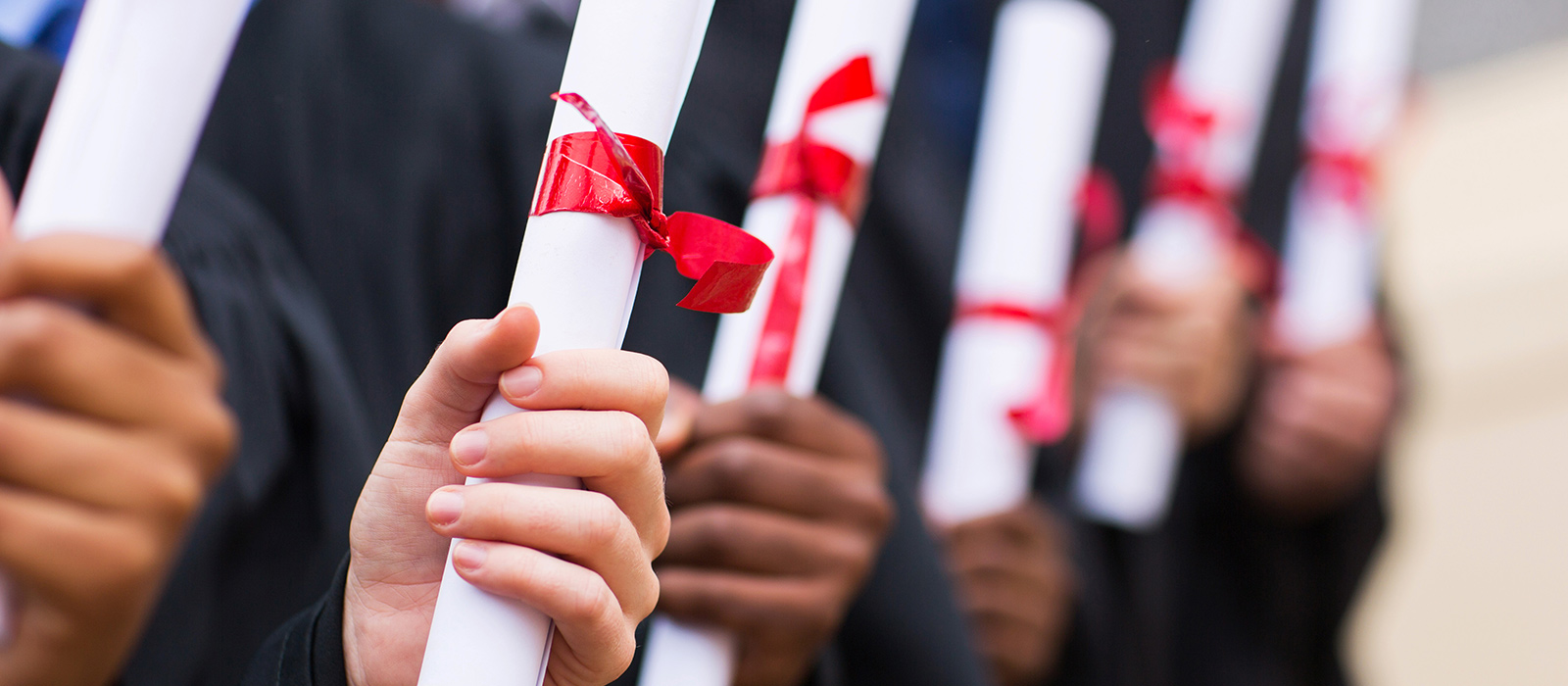
Cathy Malcolm Edwards, Master of Design
Cathy Malcolm Edwards was well-established as a leader in accessibility and inclusion at Carleton through her full-time job with the university’s Accessibility Institute, when she began to explore returning to the classroom to pursue a Master of Design.
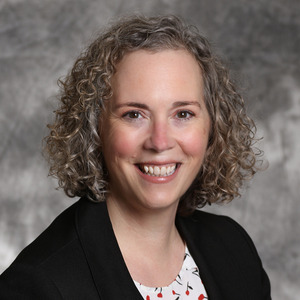
Cathy Malcolm Edwards
“I took one course each semester and, after doing that for two semesters in a row, I was hooked,” says Malcolm Edwards. “I thought that this is exactly what I want to do.”
Malcolm Edwards’s work focuses on social design – using design to look at different societal problems. Her thesis addresses the built environment and student mental health on campus, examining locations where students go or avoid based on their emotions or coping strategies.
Identifying as a person with both visible and non-visible disabilities, Malcolm Edwards’ own experience and observations of how she felt in different environments drew her to this area of research. As universities focus on providing effective mental health supports to students, where they go on campus is an important aspect of student life to explore.
“We often look at our programs and services, and we have tremendous mental health supports, but are we looking at the thing that we spend 90 per cent of our time in – the built environment?”
She notes that the work she was doing in her degree and the mission of her full-time position as the lead of implementation of the Coordinated Accessibility Strategy at Carleton were very complementary.
“Looking at the student experience on campus is part of Carleton’s accessibility strategy, so it was very much a part of what I was doing in my day job,” she says. “There was a nice synergy between them. We are looking at how we can use the research and my experience of doing the thesis as a way to build future research on accessibility.”
Looking ahead, Malcolm Edwards intends to continue working to address social problems through research and remains committed to exploring the relationship between the built environment and mental health.
“Research, combined with education, has the opportunity to make societal change.”
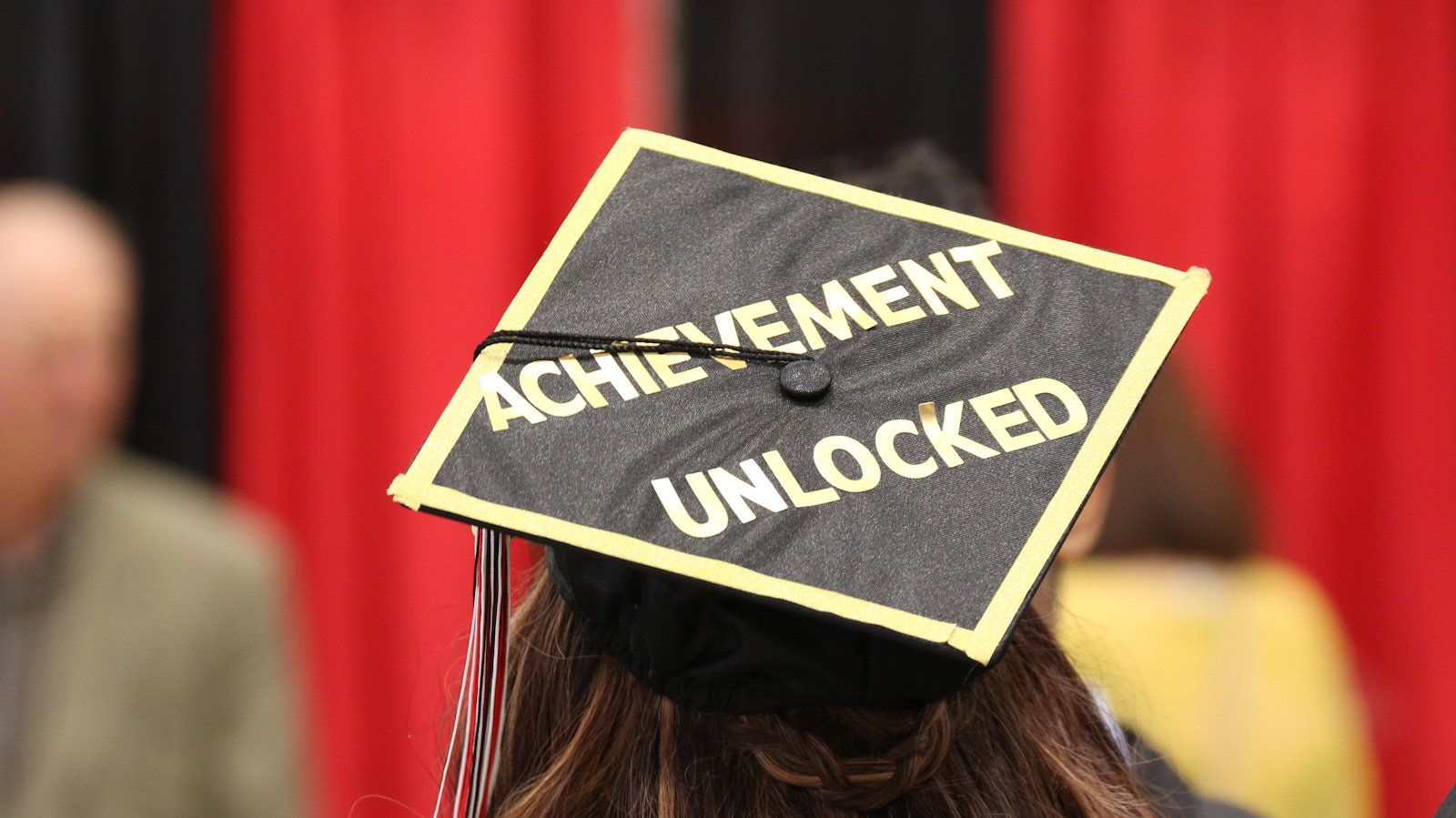
Naser Habibzadeh, Master of Accounting
Naser Habibzadeh had a successful career working as an engineer for more than a decade, but it was his experience serving as a board member of public and private companies that brought his attention to the critical role that financial aspects play in every business decision.
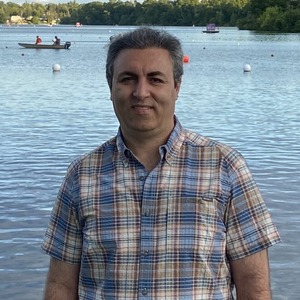
Naser Habibzadeh
When his family immigrated to Saskatoon, Sask. from Iran in 2017, Habibzadeh decided to change his profession to accounting – determining that accounting was the language of business and one that he needed to learn. He began at square one by obtaining an accounting diploma.
A few years later his family decided to move, ultimately choosing to make their permanent home in Ottawa. As part of his journey to become a Chartered Professional Accountant (CPA), Habibzadeh took a course at Carleton’s Sprott School of Business. Though it was challenging, his success inspired him to pursue his Master of Accounting (MACC) degree. The program takes place over the course of two summers and includes an eight-month internship, which was of special interest to Habibzadeh.
“Since this is a new city for me, I didn’t know anybody,” he says. “It is an intense program, but you can make lots of connections with people who are in the accounting field and can learn from proficient teachers.”
Habibzadeh began the MACC program in the summer of 2022 and received five offers of employment for his internship term. He completed his second summer term this year and wrote his CPA Canada Common Final Examination (CFE). The test result will be announced this December.
Through the program, Habibzadeh faced many challenges and considered delaying his examination, however he was encouraged to persevere by his instructors and classmates.
“I had a lot of support from my professors,” says Habibzadeh. “Several times I decided to postpone the CFE to next year to improve my language skills, such as fast reading and typing, but they encouraged me to write it this year based on their experience with past students.”
He also found encouragement from his classmates who shared their family’s experiences of starting over in Canada, highlighting that Habibzadeh was modeling a path forward for his two children in their new home.
Looking ahead, Habibzadeh plans to give back to the community by using his accounting training to assist new Canadians as they adjust to the financial realities and regulations involved in moving to Canada.
Habibzadeh’s message to those facing barriers and challenging circumstances is, “do not give up.”
“Make everyday better than yesterday, even if it is a very small, little step – just do it,” he says. “If you try hard, with honesty and with a good attitude, doors will open for you.”
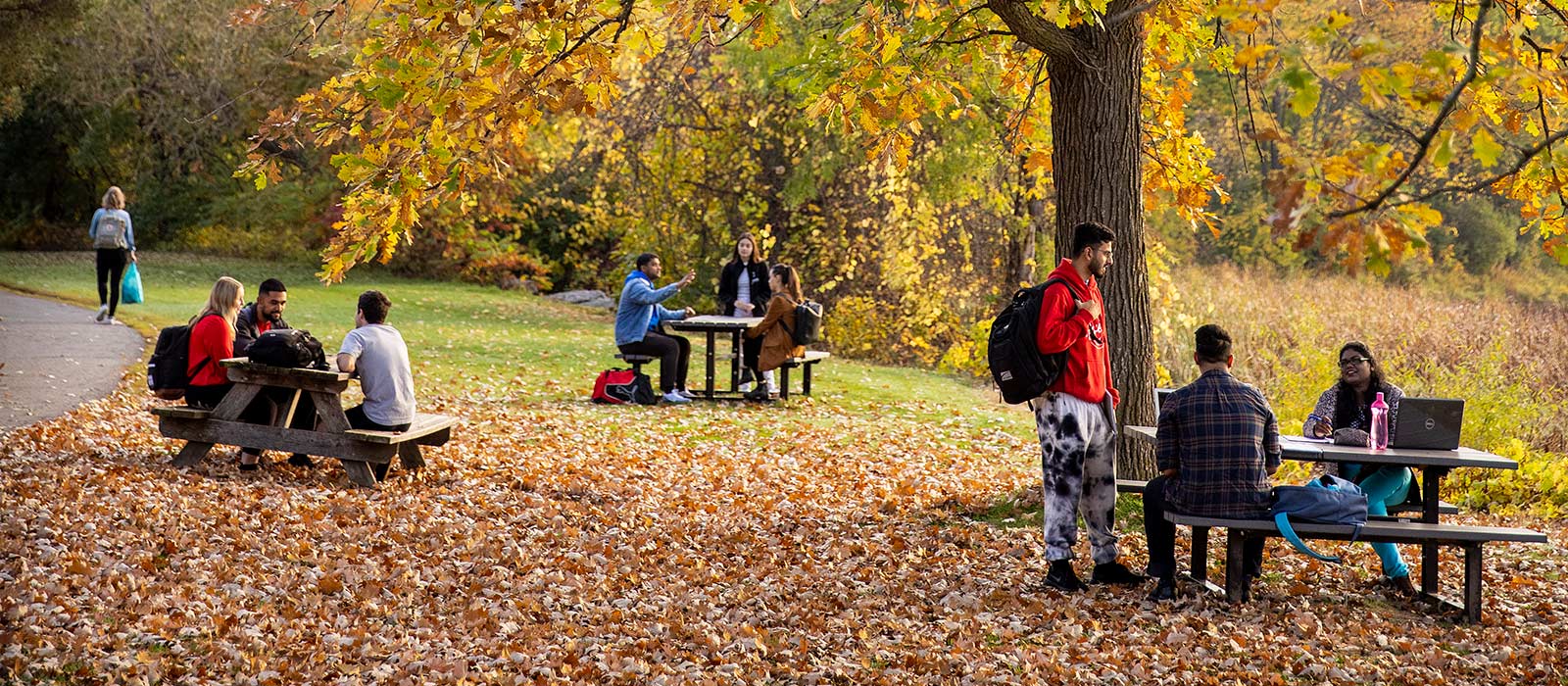
Jacquie Ballantine, PhD (Applied Linguistics and Discourse Studies)
Ten years ago, as a practising speech-language clinician, Jacquie Ballantine noticed that her case load of the previous two and a half decades had been increasingly focused on autistic children.
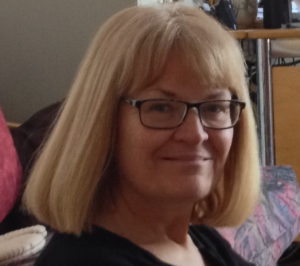
Jacquie Ballantine
Since 2009, she had been teaching with Carleton’s School of Linguistics and Languages Studies (SLaLS) in addition to running her private practice. During that time, she began to realize that some autistic people she had worked with as children were now taking her course as students.
“It was a wonderful opportunity,” she says. “They gave me insight into their experiences and what it’s like to be in a university as an autistic student – what worked well, what didn’t, what was challenging.
“That is what led me to my research.”
Ballantine began her PhD in 2017, working with groups of autistic and non-autistic students and faculty. She learned about the lived experiences of autistic students at university and the common mutual miscommunications between the students and their non-autistic peers and instructors.
She presented her research in Carleton’s Three Minute Thesis competition, where she won second place and went on to represent Carleton in the regional finals. Her work on the subject has been published in three peer-reviewed journals.
Over the course of her studies, she found that some autistic participants were interested in becoming more involved in the research – opening the door to improved participatory research and helping to establish the participatory research group associated with the webpage Autism_CU. Ballantine notes that the research group helped her to better understand the data, interpret the findings and improve the writing of her PhD studies.
“If there’s one thing I’ve really learned about gold-standard participatory research it’s that, yes, as a non-autistic person, I may have ideas about what I would like to work on, but what is more important is what autistic people believe should be researched,” she says.
With her doctorate behind her, Ballantine wants to continue to conduct participatory research with autistic co-researchers, share the findings widely, and to encourage increased connections and mutual understandings between autistic and non-autistic people in various contexts.
“Autistic people have such a valuable contribution to make, and everyone suffers when we put up barriers to autistic people contributing to all kinds of academic conversations.”
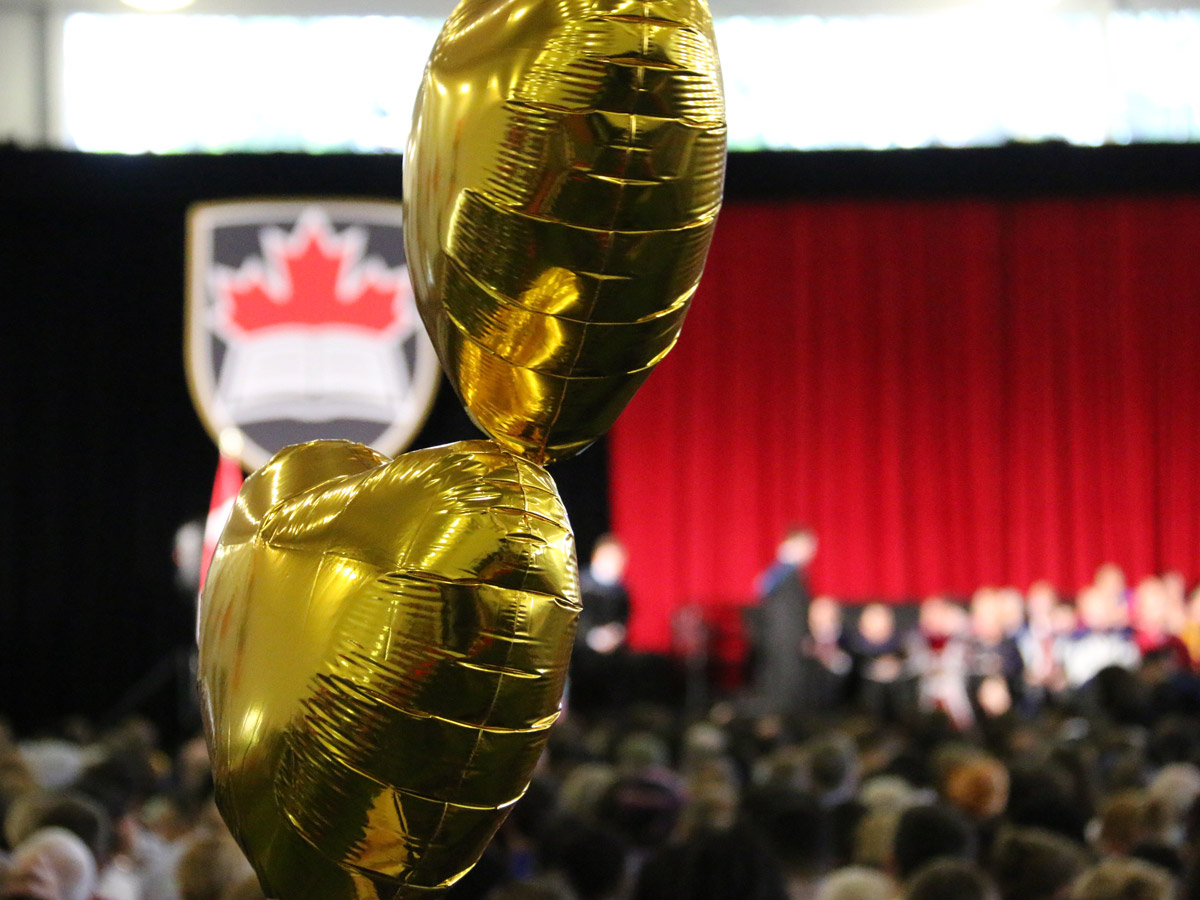
Friday, October 27, 2023 in Convocation, Convocation 2023, Faculty of Arts and Social Sciences, Faculty of Engineering and Design, Public Affairs, Social Work, Sprott School of Business
Share: Twitter, Facebook
